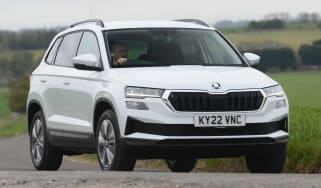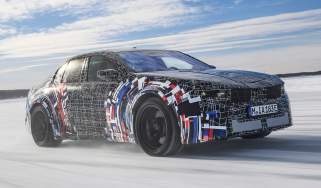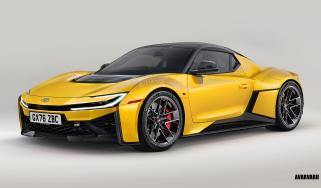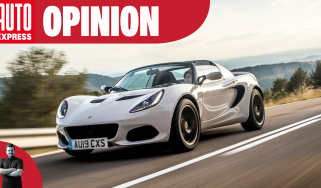Buyers would rather have a cheap car than a safe car
Steve Walker gives his expert insight on why safety doesn’t sell, but you’re paying for it regardless
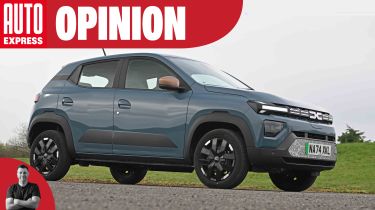
Ask anyone buying a car how valuable safety is to them and they’ll say it’s very important, maybe even crucial. Ask them to prioritise safety above things that have a more direct impact on their everyday enjoyment of a car or their bank balance, and it is a different story.
We asked more than 400 people to pick their top three priorities when choosing a new car from 10 key buying criteria. Reliability overwhelmingly came top, chosen by 54 per cent of those polled, yet safety was second from last at 20 per cent.
This deprioritisation of safety in the minds of car buyers might be surprising if you consider the implications of driving an unsafe vehicle, but it’s nothing new for the automotive industry. Safety has long been a tough sell, compared with a car’s more practical or emotionally involving facets. Volvo, you could argue, is the exception to the rule, having built a large part of its brand on foundations of safety innovation.
Just ask yourself, though, how many car adverts you see based on safety, compared with those focused on design, performance, driving and value for money. Even the Swedish safety trailblazers don’t overemphasise internal crash structures and blind-spot warning systems when trying to lure new customers.
Safety isn’t sexy. It’s the thing everyone wants their pride and joy to do well, but hopes will never be put to the test. Like an insurance policy, car buyers know safety is important, but they aren’t particularly inclined to pay over the odds when, in theory, one car is much the same as another.
That’s probably the great success of car safety over recent decades. Modern models in general are extremely safe and are getting more so all the time, despite this relative ambivalence from the buying public. The ever-tightening legislation governing safety standards has pushed up car prices, but it’s also afforded buyers the luxury of not having to worry too much about choosing a safe model.
It’s a bigger consideration for used-car buyers because an older model is more likely to bring compromises on the safety front, purely because it was sold new at a time when safety standards weren’t as tight. The official crash-testing body, Euro NCAP, has continually made its tests more stringent over the years, demanding more of manufacturers who want to achieve those five-star ratings.
Safety is a great example of legislators and manufacturers working together to turn what’s arguably the single most important thing about a car into something we don’t have to care too much about.
Find yourself a car that's both affordable and safe! Our Find a Car service has new, used and leasing deals available right now...


